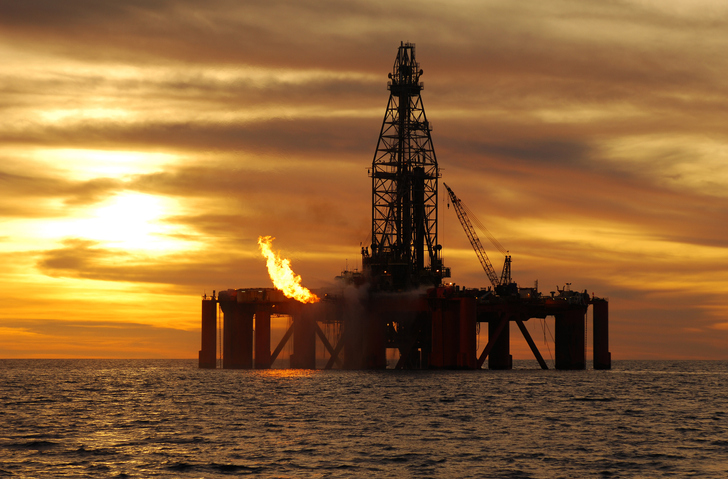
While offshore drilling operations in the Gulf of Mexico are far safer than they were when the Deepwater Horizon drilling rig exploded 13 years ago, significant gaps remain, particularly regarding the contracted companies that account for 80% of the industry’s workforce.
Creation of BSEE Among Post-Deepwater Horizon Safety Improvements
According to a newly published study from the National Academies of Sciences, Engineering, and Medicine, many of the critical reforms recommended in the wake of the Deepwater Horizon tragedy have been adopted, either by the federal government or Gulf of Mexico operators. Those include the creation of the U.S. Department of the Interior’s Bureau of Safety and Environmental Enforcement (BSEE), an agency solely dedicated to overseeing the safety of offshore operations.
Other meaningful safety improvements adopted since the Deepwater Horizon well blowout include:
- Industry-funded deepwater well-capping capability
- Heightened industry standards and regulatory requirements for well control and production safety system
- Improved industry data collection and sharing of some near-miss and other safety indicators through the SafeOCS reporting system.
- Industry’s creation and funding of the Center for Offshore Safety.
“The government has made important regulatory reforms, and the offshore oil and gas industry has in turn taken significant strides in accounting for and reducing systemic risk, none of which should be overlooked,” said Richard Sears, an adjunct professor at Stanford University and chair of the committee that compiled the report. “But systemic risk embodies everything, from C-suite priorities and the culture of a team on a rig, to hardware and physical inspections ― the safety and integrity of that system is only as strong as its weakest link.”
Offshore Regulator Has No Power Over Contracted Companies
The deadly Deepwater Horizon explosion was directly attributable to the failure of the rig’s blowout preventer. However, the subsequent investigation also found that significant management and organizational failures, along with insufficient regulation and oversight, significantly contributed to a catastrophe that left 11 offshore workers dead, injured dozens of others, and devastated the fragile Gulf Coast ecosystem.
Unfortunately, it does not appear that the industry is working collectively to enhance the overall safety culture in the Gulf of Mexico. While the companies contracted to staff offshore operations might pay safety some lip service, far too many haven’t integrated safety into the way they do business.
To make matters even worse, a recent court case denied the BSEE the power to regulate offshore contractors. As a result, inspectors can only cite an operator for safety violations, even if an outside contractor is responsible for the issue.
“It’s up to the operators to make sure that the contractors have an appropriate safety and environmental management system,” Sears told the Associated Press. “Is that a fatal flaw? Not necessarily, but it makes things more complicated. Giving BSEE the authority to actually directly audit the contractors requires Congress to step in.”
Call 1-888-603-3636 or Click Here for A Free Consult with Our Undefeated Offshore Explosion Lawyers.
Our Undefeated Offshore Injury Lawyers have won over $1 billion, including highly-favorable settlements for several workers injured in the Deepwater Horizon explosion.
If you or someone you love were injured or tragically killed in connection with an offshore accident or explosion, please call 1-888-603-3636 or click here to send us a confidential email through our “Contact Us” form.
All consultations are free, and because we only work on a contingency-fee-basis, you won’t pay us anything unless we win your case.